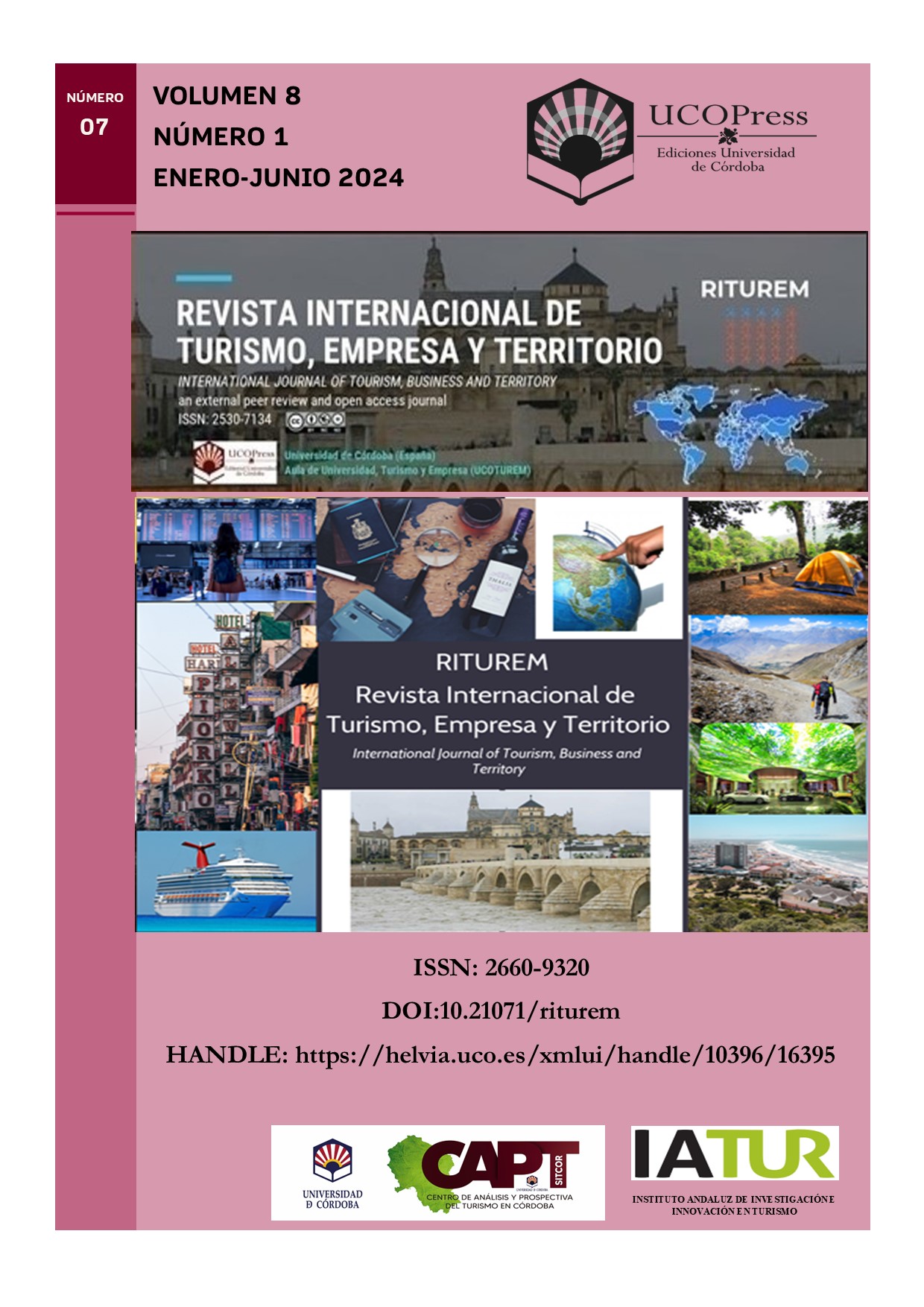Towards a deeper understanding of senior tourists: challenges and opportunities of an emerging market segment
Contenu principal de l'article
Résumé
The world’s population is ageing with virtually every country in the world experiencing growth in the number and proportion of older people in the population (United Nations, 2015). The number of over 60s has risen by a third over the last decade, making this the fastest growing consumer segment (Euromonitor, 2017). This fast growth of the ageing population is set to become a major lead market for many and various sectors and makes this group a segment not to be overlooked. The market for senior tourists already represents a key economic segment. It has drawn increasing attention from researchers in the past decade (Patterson, 2006), with a growing recognition that they place travel and tourism high on the list of their priorities when they retire (Statts and Pierfelice, 2003; Balderas-Cejudo et al., 2016). Nevertheless, the travel industry has been criticized for failing to recognize the diversity of travel preferences required to attract, connect and market to seniors. This article provides an analysis of the literature on the socio- demographics of seniors, discusses different trends and shifts in their leisure behaviour, and draws implications for the tourism and hospitality industry. The literature presented in this review was identified through multiple sources including the use of a range of tourism databases and tracking citations from the research literature. This paper aims to review these issues within the tourism and population ageing literature to ascertain (1) shifting trends in silver travelers and (2) how tourism providers need to respond to seniors changing needs and wants.
Keywords: Seniors, tourism, hospitality, ageing, market segment.
Téléchargements
Details de l'article
Avisos de derechos de autor propuestos por Creative Commons
Política propuesta para revistas que ofrecen acceso abierto
Aquellos autores/as que tengan publicaciones con esta revista, aceptan los términos siguientes:
- Los autores/as conservarán sus derechos de autor y garantizarán a la revista el derecho de primera publicación de su obra, el cuál estará simultáneamente sujeto a la licencia Creative Commons CC BY-NC 4.0 (https://creativecommons.org/licenses/by-nc/4.0/deed.es ) , que permite a terceros compartir la obra y permitir obras derivadas siempre que se indique su autor, su primera publicación en esta revista y cuando no se haga uso comercial.
- Los autores/as podrán adoptar otros acuerdos de licencia no exclusiva de distribución de la versión de la obra publicada (p. ej.: depositarla en un archivo telemático o en un repositorio institucional o publicarla en un libro monográfico) siempre que se indique la publicación inicial en esta revista.
- Se permite y recomienda a los autores/as difundir su obra a través de Internet (p. ej.: en archivos telemáticos y repositorios institucionales o en su página web) antes, durante y con posterioridad al proceso de envío, lo cual puede producir intercambios interesantes y aumentar las citas de la obra publicada. (Véase El efecto del acceso abierto).
